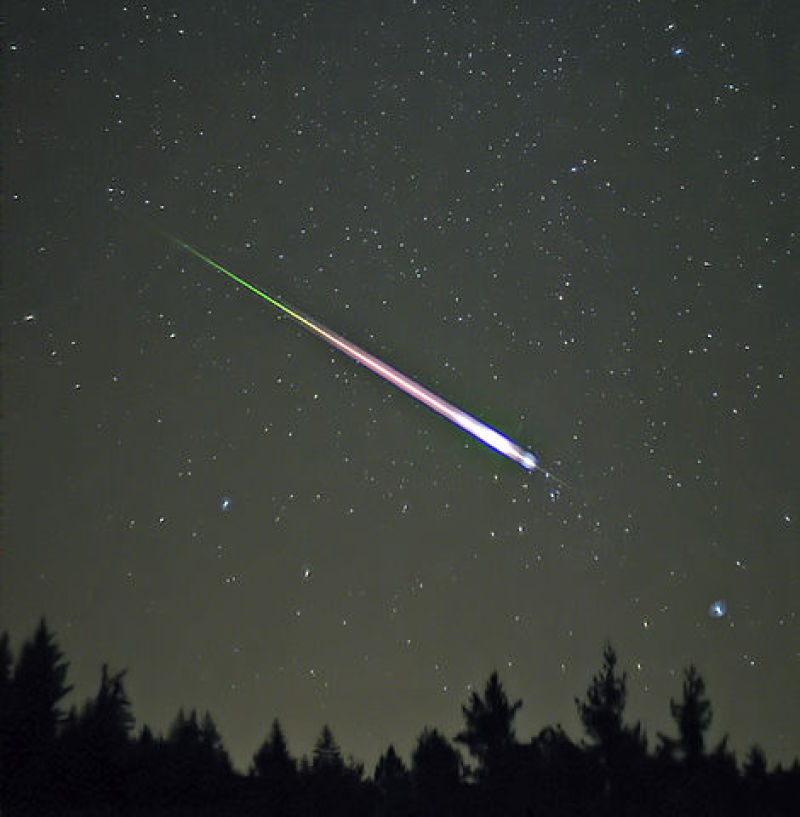
Stargazers are in for a treat as NASA predicted that the annual Taurid meteor shower is expected to begin this week.
During this rare event, spectators will be able to see balls of fire streaking across the sky.
According to the space agency, the meteor shower has already started but it will peak between November 5 and 12. Those in North America do not need to have special equipment to watch the natural light show as it will be visible during night time, NY City Today reported.
"The annual Taurid meteor shower is going on right now, and we are seeing steady activity in our meteor cameras," Bill Cooke, the director of NASA's Meteroid Environments Office said in a statement.
"Individuals should not be surprised if they see a bright meteor or fireball over the next few nights," he added.
As explained by scientists, the Tuarid meteor shower is caused by the debris composed of ice and dust left by the Encke comet as it orbits the sun. These dust particles, which are moving at speeds of 105,000 kilometers per hour, burn up as they enter the Earth's atmosphere while the planet is moving around the sun.
This results in the development of small fiery objects in the atmosphere which are also called falling stars, meteors or shooting stars, according to USA Today.
Typically, this meteor shower can occur anytime between September and December but this year, the scientists noted that it will peek next month. During the event, stargazers can expect to see about two to 10 meteors per hour. Although that may seem a bit underwhelming, the American Meteor Society noted that the Taurid meteor shower is about quality, not quantity.
"The Taurids are not known for their high numbers, rather they are known more for the fireballs they produce," the group said in a press release.
As for the possible effects of the shooting stars crashing on Earth's surface, NASA explained that these can still cause minimal damage. The agency also said that unlike their depictions in movies, meteorites are actually not scorching hot once they hit the ground.
"The odds of a Taurid making it to the ground are small, but if one did make it, it would likely weigh less than a couple of kilograms," NASA wrote in a Reddit post. "The damage caused by this would be very small (broken car window, etc."
"Most people think that meteorites are these smoking-hot rocks in the middle of a crater, when the truth is the exact opposite," the agency added. "By the time a meteorite hits the ground, it is cool enough to handle, and unless it is really big, there is no crater produced."


















